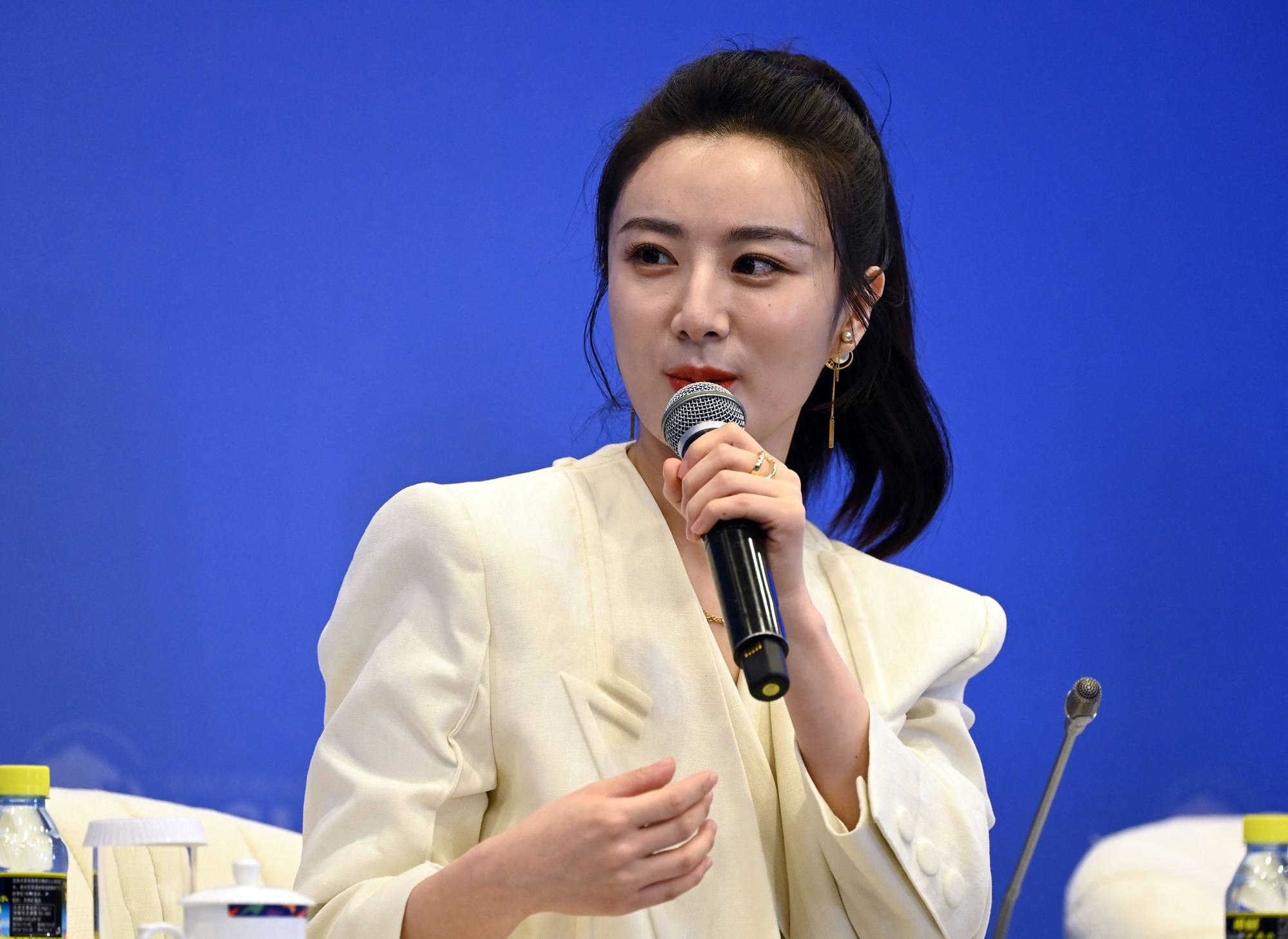Yi is the first senior Chinese government official to visit Alibaba since it was placed under an antitrust investigation two years ago. The Central Economic Work Conference signalled that Beijing will look to internet platforms such as Alibaba to help revive the economy. — SCMP
The new provincial communist party secretary of Zhejiang, home province of Alibaba Group Holding, visited the ecommerce giant’s campus on Dec 18, in a show of support for the Chinese technology company after Beijing signalled a policy shift on Friday.
Yi Lianhong, who was named the top communist party official in Zhejiang this month, urged the company to “strive to be a model student of normative development [and] a leader of innovative development”, according to the official Zhejiang Daily.
Yi is the first senior Chinese government official to visit Alibaba since it was placed under an antitrust investigation two years ago. The visit came two days after China’s central economic working conference, chaired by President Xi Jinping, issued a statement saying that the country’s Big Tech platform enterprises, such as Alibaba, would be encouraged to “fully display their capabilities” in growth, job creation and international competition.
Alibaba owns the South China Morning Post.

At Alibaba, Yi repeated the line and urged the firm to “adhere to development and regulation” and to “unleash innovation dynamics and enhance core competitiveness”, according to the Zhejiang Daily report. At the same time, the new provincial party secretary said capital investment and expansion has to be regulated.
Alibaba, which has been a major business operation in Zhejiang for years, has been the target of regulatory scrutiny over the past two years. In 2021, it was fined a record 18.2bil yuan (US$2.6bil) for monopolistic behaviour, while Viya, one of the top live-streaming hosts on its ecommerce platform, was erased from China’s cyberspace after she was accused of tax irregularities.
Alibaba’s shares have lost two thirds of their value in Hong Kong and New York after Beijing launched its regulatory scrutiny and the US issued threats to delist Chinese companies from its main bourse.
However, the Central Economic Work Conference, an annual meeting by the top leadership that concluded Friday, signalled that Beijing has ended its regulatory rampage, and will look to internet platforms such as Alibaba to play a role in reviving the slowing Chinese economy.
This marks a clear shift from the policy stances of 2020 and 2021. During the 2020 economic work conference, Beijing pledged to prevent the “disorderly expansion of capital”, which was followed by two years of unprecedented regulatory crackdown on the country’s tech firms, covering business activities from content and data security to mergers and acquisitions.
China’s efforts to clip the wings of the country’s Big Tech resulted in billions of dollars being erased from the market value of leading tech firms, as well as the postponement of several big IPOs, and more recently an increase in job cuts.
The change in mood towards the platform economy comes as Beijing is pivoting its policy mix towards economic development after draconian Covid-19 controls and ruthless regulatory campaigns dampened the confidence of investors in the world’s second largest economy.
Beijing has also reiterated its longstanding policy to support private business. In a People’s Daily article on Sunday, President Xi was quoted as saying, “I am a consistent supporter of private companies and have worked in places with relatively developed private economies” – a subtle reference to his governing experience in Zhejiang, the cradle of the Chinese private economy. Xi was the provincial party secretary in Zhejiang from 2002 to 2007.
“For global investors, the most encouraging sign is that Chinese policymakers have made a clear statement on equal treatment of private enterprises and state-owned enterprises,” Zhou Hao, the chief economist of Guotai Junan Securities (Hong Kong), wrote in a note.
On Sunday, Yi also visited the Zhijiang Lab, a research institute established jointly by the Zhejiang provincial government, Zhejiang University and Alibaba.
Yi said it was necessary to answer Xi’s call to “deepen core technology research and explore the socialist market economy system under the new state system of science and technology innovation”. – South China Morning Post





